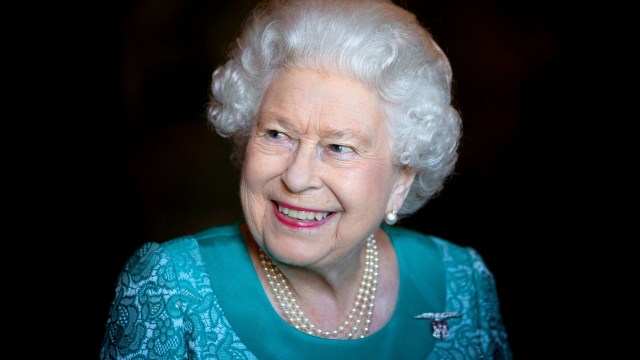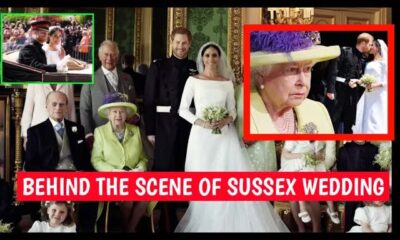Must Read
Did Queen Elizabeth block legislation to conceal her private wealth?
Buckingham Palace has dismissed claims that Queen Elizabeth II blocked legislation in order to hide her private wealth as “simply untrue.”
The Guardian reported that the Queen successfully influenced a draft law to conceal her “embarrassing” private wealth from the public.
Documents published by the newspaper this week suggest that the consent process, which allows the Queen and her lawyers to review bills before they enter parliament, enabled her to secretly lobby for changes in the legislation.
However, a spokesperson for Buckingham Palace stated that the Queen's role in granting consent is purely formal and any suggestion that she blocked legislation is incorrect.
The Queen's consent is a parliamentary process that is decided independently by parliament itself.
It is required in matters that could affect Crown interests, including the personal property and interests of the monarch.
If consent is necessary, the draft legislation is presented to the sovereign solely based on the advice of ministers and is recorded as a matter of public record.
The Guardian's allegations claim that the Queen established a state-backed shell corporation, which shielded her private shareholdings and investments from public scrutiny until at least 2011.
The documents indicate that the Queen dispatched lawyers to argue her case in 1973, fearing that new legislation would force her to disclose her private holdings in companies.
Under the power of Queen's consent, the early sight of the draft legislation allegedly provided the Queen with an unprecedented opportunity to influence the legislation in her favor.
According to the publication, it took three years for the bill and its secrecy clause to become law due to a general election in 1974.
The proposal was later revived by Harold Wilson's government and enacted in 1976, largely preserving the original bill.
However, a revision to the draft law reportedly allowed the Queen to bypass the new regulations as the head of state.
Constitutional law specialist Thomas Adams from Oxford University, who reviewed the new documents, described the revealed influence over legislation as something that lobbyists could only dream of.
The powers of the monarch in England have been limited by constitutional laws since the Glorious Revolution of 1688.
The Magna Carta, agreed upon by King John in 1215, introduced the first constraints on the power of the monarchy.
Today, the Queen can only give Royal Assent to a bill passed by Parliament for it to become law.
Parliament asks the Queen to provide consent for the discussion of bills that could impact the prerogative or interests of the Crown, as per the Royal Family's website.








































